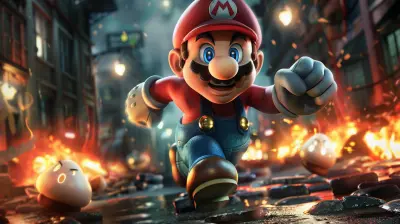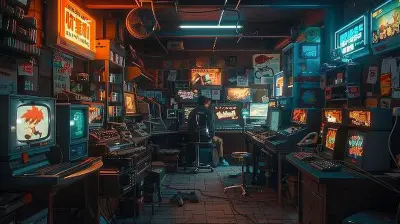The Role of Virtual Conventions in the Gaming Industry
10 June 2025
Let’s be real—conventions are the heart and soul of the gaming community. Whether it's E3, PAX, or Gamescom, these events have always been where the magic happens. They're the places where developers show off their latest work, fans freak out over new game trailers, and everyone just vibes with other gamers. But when the world hit pause during the pandemic, something unexpected happened—virtual conventions stepped into the spotlight.
Now, we’re a few years in, and virtual conventions aren't just a temporary fix anymore. They've become a massive part of how the gaming industry connects, celebrates, and evolves. So, what’s the real deal with virtual conventions, and why are they becoming such a game-changer?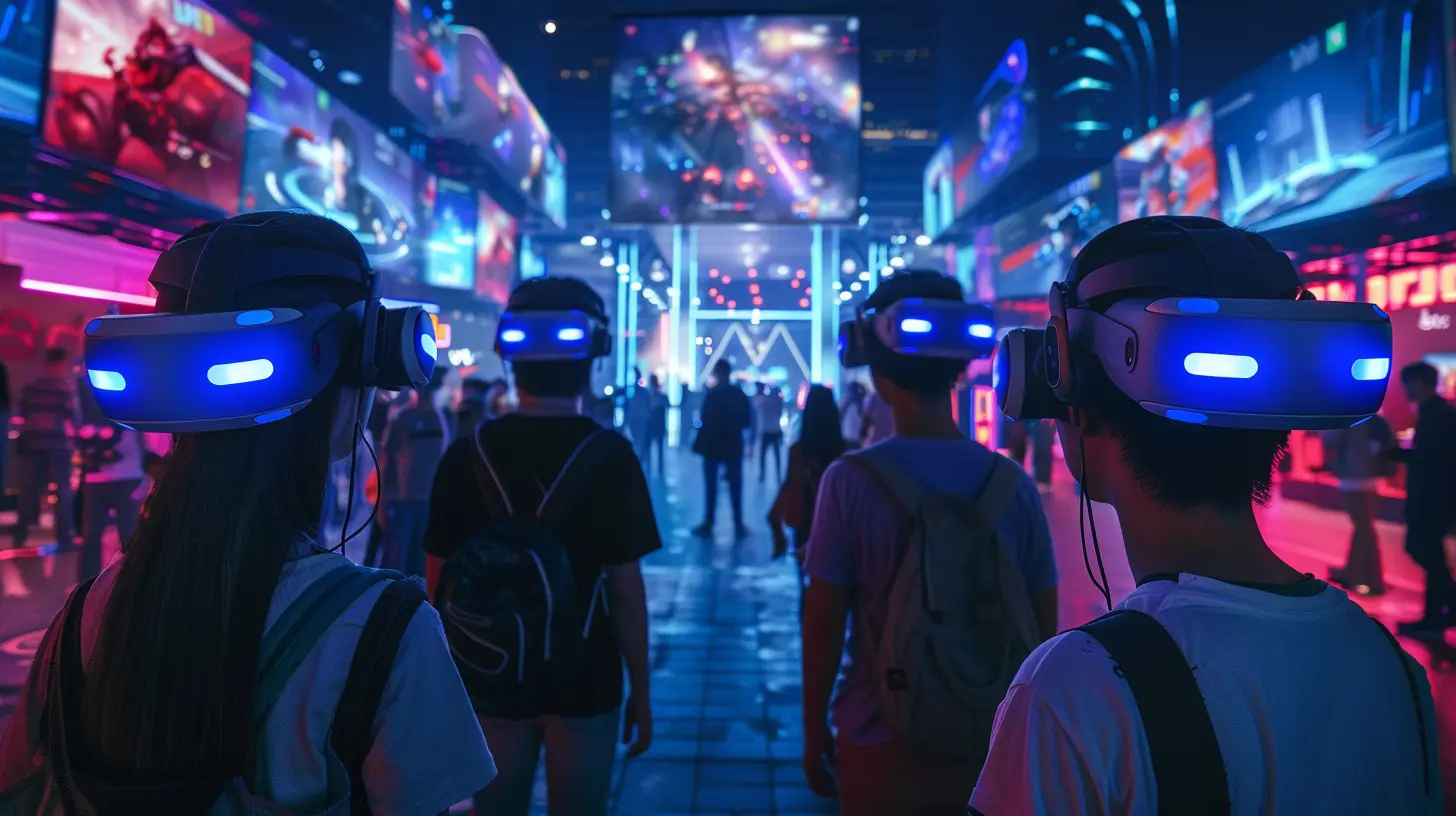
Why Conventions Matter in the Gaming World
Before we get deep into the digital side of things, let’s acknowledge the weight conventions carry in the gaming scene. They’re not just about flashy booths or limited-edition merch. They’re essential for:- Networking: Developers, publishers, streamers, and fans all under one roof—it's like LinkedIn but with cosplay.
- Marketing: Conventions generate insane levels of hype. A good trailer drop can set the internet on fire.
- Community Building: These events remind us that behind the screens, keyboards, and controllers, we’re all part of the same journey.
But when physical gatherings stopped, how did the industry pivot? Enter virtual conventions.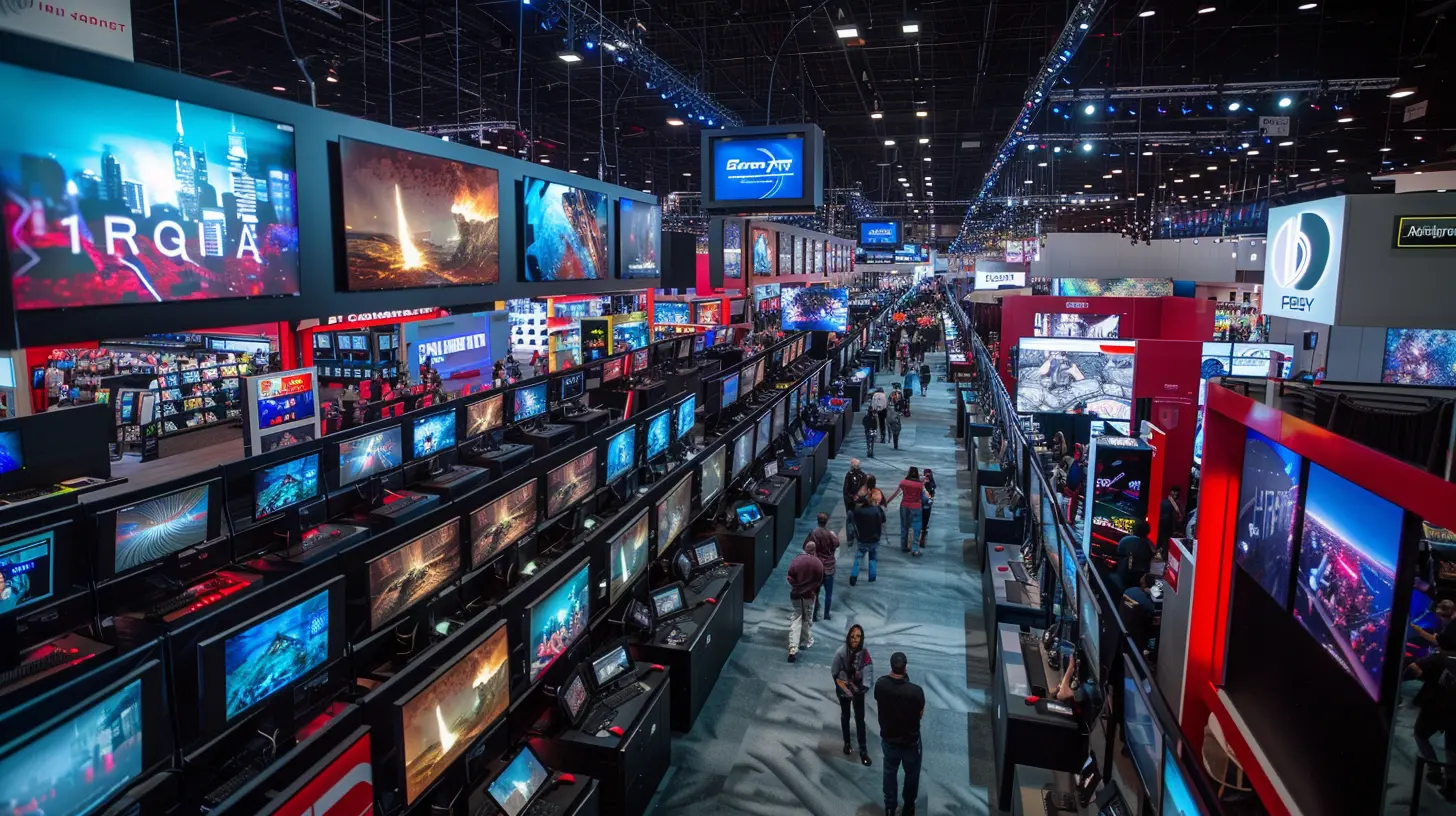
The Rise of Virtual Conventions: A Pandemic Pivot
Remember 2020? Yeah, let’s not dwell. But one amazing thing that came out of that chaos was the innovation around virtual conventions.With venues closed and flights grounded, gaming companies knew they couldn’t just go dark. They had games to promote and fans to engage. Virtual conventions rose as a necessary solution—but they quickly became more than just a backup plan.
Events like Summer Game Fest, BlizzCon Online, and Tokyo Game Show Online came out swinging. Suddenly, everyone could attend—no flights, no overpriced hotels, no standing in mile-long lines. Just you, your screen, and the biggest reveals in gaming.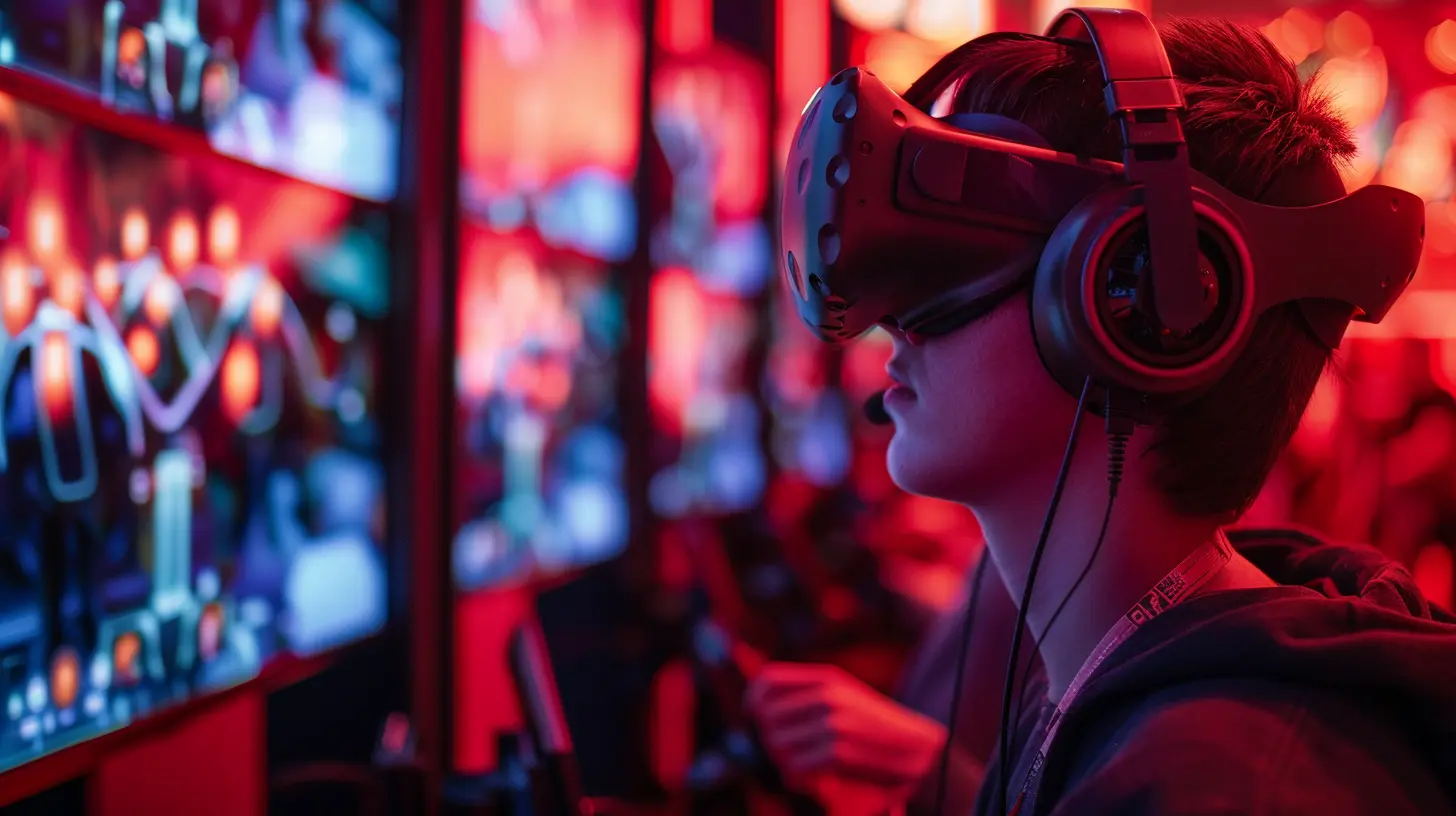
Accessibility: Breaking Down the Wall
One of the biggest wins for virtual conventions? Accessibility. Let's face it—going to an in-person gaming convention isn’t cheap or easy. You have to book tickets, find accommodation, navigate crowds, and deal with logistics. For many, attending in person was always a distant dream.But virtual events changed that game completely.
- Global Reach: Whether you're in New York, Nairobi, or New Delhi, if you have internet, you’re in.
- Inclusive for All: People with disabilities or those who feel overwhelmed in huge crowds? Now they can join in the fun without stress.
- Instant Translations: Many virtual events include subtitles and simultaneous translations, bridging language barriers.
It’s like conventions leveled up and unlocked their accessibility skill tree.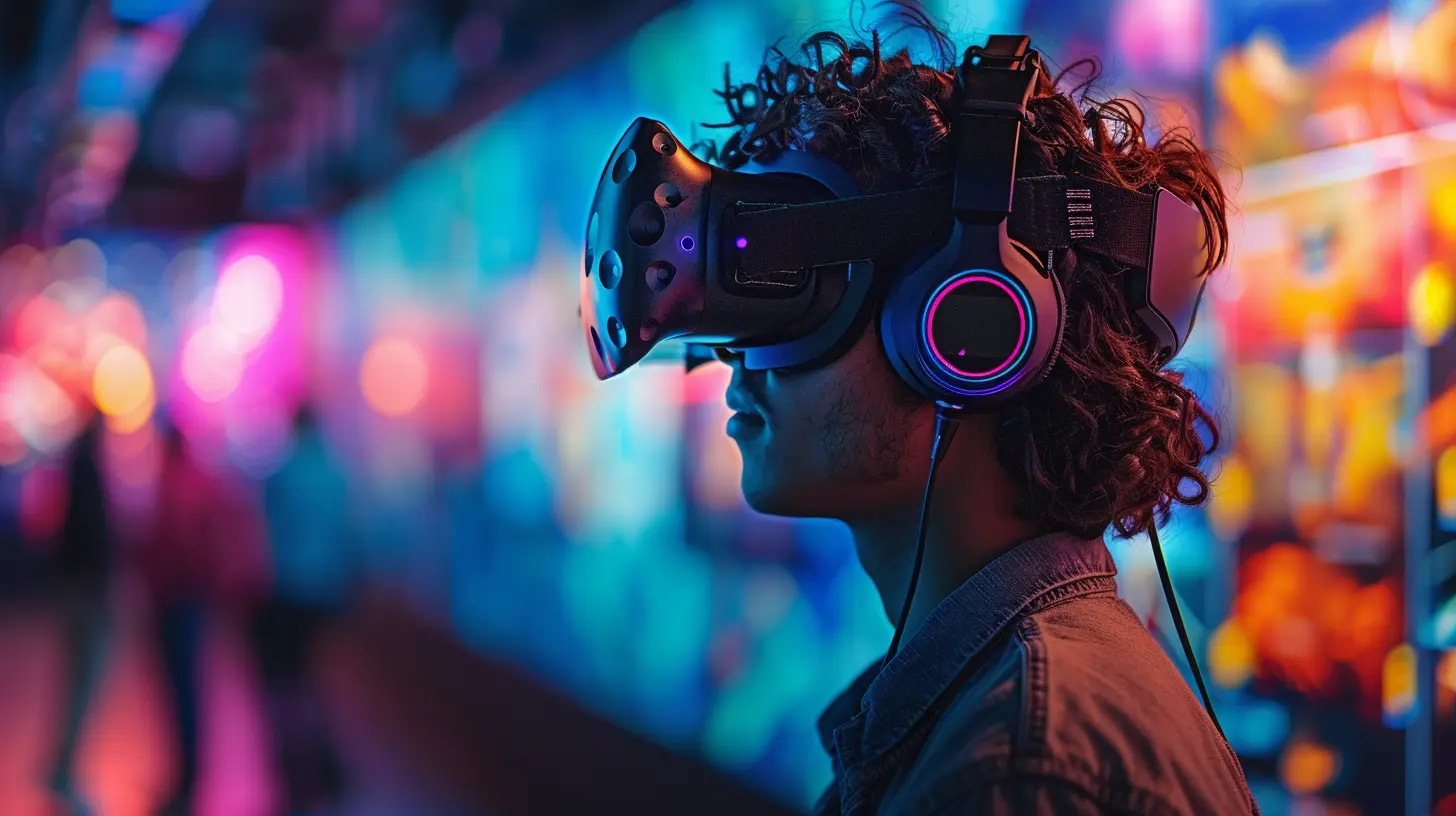
Cost-Effectiveness for Developers and Smaller Studios
Let’s talk money. Organizing an in-person booth at a major event? That’s a serious investment—thousands of dollars, not to mention time and manpower. For indie devs? That cost is often impossible to justify.Virtual conventions open the doors wide.
- Lower Costs: No need for travel, booth construction, or logistics.
- Wider Exposure: Indie devs can get a spotlight right next to AAA studios in online lineups.
- Equal Footing: The playing field gets a lot more balanced when everyone’s pixels are the same size.
It’s like the indie scene just got a cheat code for visibility.
Real-Time Feedback and Engagement
Think about this: instead of limited booth feedback, virtual conventions allow developers to stream their announcements live, immediately gauge reactions, and engage with their communities.- Live Chats and Q&As: Real-time interaction with fans from around the world.
- Polls and Surveys: Instant data on what players are loving—or not.
- Streamer Involvement: Twitch and YouTube allow for commentary, reaction videos, and in-depth breakdowns.
Suddenly, game reveals aren’t just "announcements”—they’re conversations.
A New Era of Marketing for Games
Marketing in gaming has morphed big time. With virtual conventions, gaming businesses have discovered a new toolkit:- Trailer Premieres Go Viral Fast: With no geographical limitations, a killer trailer can hit millions of views in minutes.
- Playable Demos at Home: Some events offer Steam demo festivals or limited-time trials, bringing the convention floor to your desktop.
- Extended Buzz: Unlike physical events where excitement dies down after the weekend, virtual events linger. Clips, reactions, and follow-ups keep the buzz alive longer.
Virtual cons aren’t just a replacement—they’re a marketing evolution.
Community and Fandom: The Heart of It All
Let’s not ignore the feels. Conventions are emotional. People show up to cry over reveals, meet devs, or just wear their carefully crafted cosplay. Can virtual events replicate that vibe?Honestly? Kind of—just in a different way.
- Discord Watch Parties
- Virtual Cosplay Contests
- Fan Art Showcases
- Interactive Worlds in Games Like Fortnite or Roblox
Fan culture thrives on connection. And while a virtual hug might not feel the same, the community spirit is alive, kicking, and streaming in 1080p.
Challenges? Of Course.
Alright, let’s be real. Virtual conventions aren’t perfect.- Tech Glitches: Internet outages, crashed livestreams, or laggy presentations—yeah, not ideal.
- Lack of Physical Interaction: No hands-on game demos or booth activities.
- Zoom Fatigue: Sitting through back-to-back streams isn’t as exciting as walking a buzzing convention floor.
But here’s the thing—every innovation comes with growing pains. These are challenges, not deal-breakers.
Hybrid Events: The Best of Both Worlds?
Now here's a cool twist—hybrid conventions. These events combine physical and digital experiences. Think in-person panels with matching online broadcasts. Or physical attendees testing games while remote viewers interact via live chat.Best part? Everyone gets to choose how they want to participate.
- Physical for those who can travel
- Virtual for those who can’t
It’s like building your own loadout—you pick what works best for your playstyle.
Notable Virtual Convention Wins
Let’s give some love to events that absolutely nailed it:- Summer Game Fest: Created by Geoff Keighley, this online-only event has become a go-to for game premieres and industry updates.
- BlizzConline: Blizzard’s online version of BlizzCon kept the hype alive with dev interviews, fan competitions, and breaking news.
- Steam Game Festivals: Multiple days of free demos and dev chats, all accessible from your PC. It's like speed dating for games.
These events proved something big: you don’t need ticket stubs to feel like you’re part of something huge.
The Future of Virtual Conventions in Gaming
So, where do we go from here?It’s clear that virtual conventions aren't just a temporary fix—they’re now a core part of the gaming ecosystem. They’ll continue to evolve with better tools, more immersive tech (hello, VR integration?), and more personalized experiences.
We might see:
- Augmented Reality Booths
- Metaverse-styled Virtual Worlds
- AI-assisted Networking Sessions
And honestly, the sky’s the limit. As technology grows, so does what’s possible.
Final Thoughts
Virtual conventions have done more than just keep the lights on—they've redefined how we connect as a gaming community. They stripped away costs, crushed borders, lifted indie voices, and brought us closer than ever—even if we’re all watching in sweatpants from our couches.Sure, we might miss the chaos of packed halls and overpriced convention food. But virtual conventions gave us something just as powerful: accessibility, inclusivity, and a front-row seat for everyone.
Gaming is one of the most innovative industries out there. It makes sense that even our conventions would hit "Level Up.
all images in this post were generated using AI tools
Category:
Gaming EventsAuthor:

Avril McDowney
Discussion
rate this article
2 comments
Miles Ortiz
Virtual conventions have revolutionized the gaming landscape, offering accessibility and global participation. They’ve turned traditional barriers into bridges, fostering creativity and community in unprecedented ways. As we level up in this digital realm, the question remains: how will the next boss battle—real-life conventions—adapt to this new high score?
June 15, 2025 at 4:27 PM

Avril McDowney
Absolutely! Virtual conventions have transformed the gaming industry, making it more inclusive and community-driven. As we look to the future, real-life conventions will need to innovate and adapt to maintain relevance in this evolving landscape.
Elora Hudson
Your insights truly resonate; thank you!
June 13, 2025 at 2:27 AM

Avril McDowney
Thank you! I'm glad you found the insights valuable.

